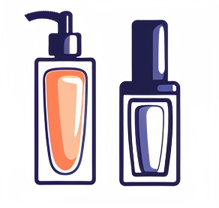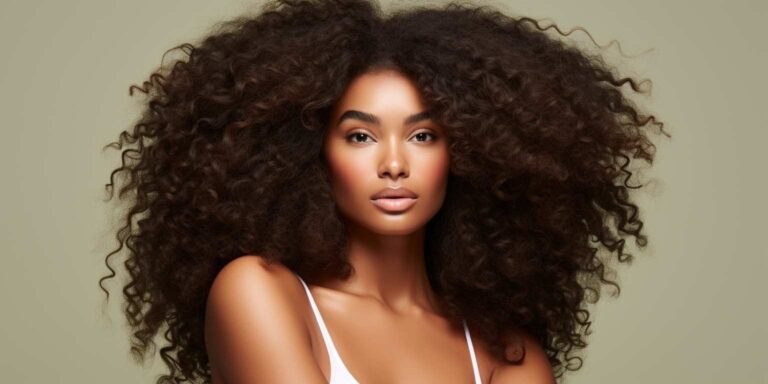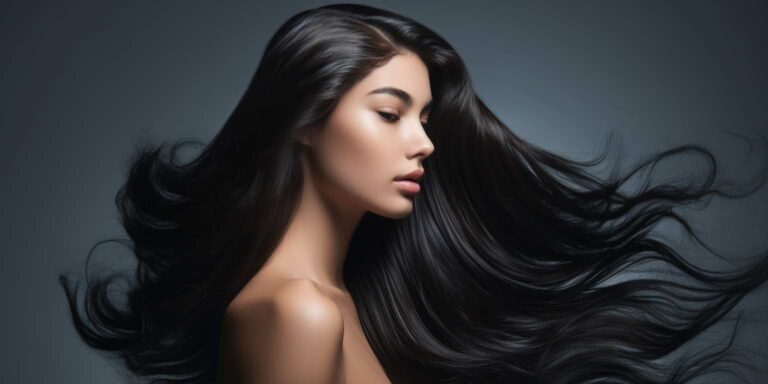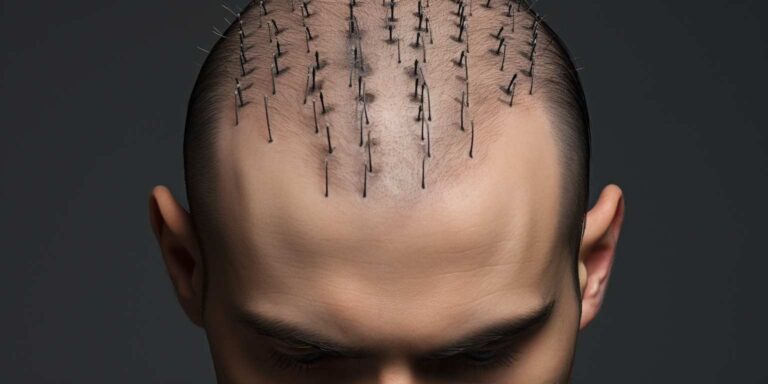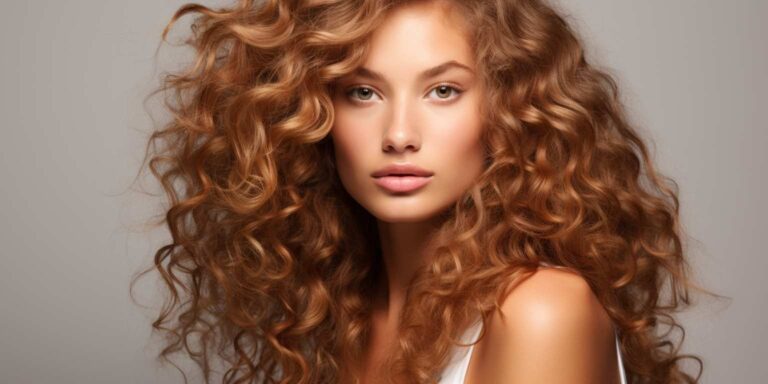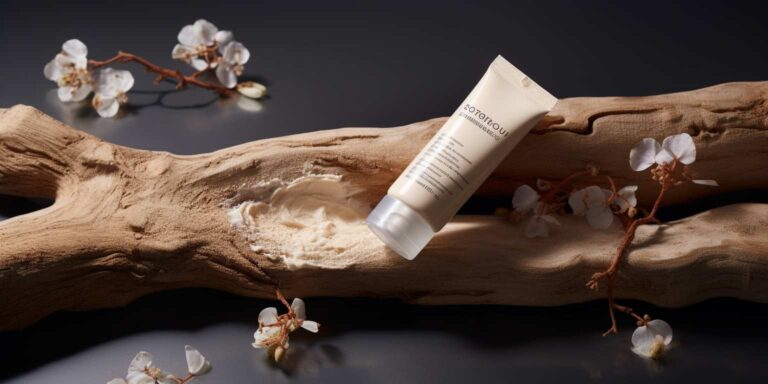The ultimate guide to professional hair shampoo
First and foremost, it’s essential to understand your hair type. Whether you have dry, oily, curly, straight, or color-treated hair, there’s a shampoo formulated to address your specific needs.
Professional hair shampoos are formulated with high-quality ingredients designed to cleanse the hair effectively while also nourishing and protecting it. Look for shampoos that are sulfate-free to prevent stripping natural oils from the hair, especially for those with dry or color-treated hair.
Here’s a breakdown of some key ingredients to look for in professional hair shampoos:
| Ingredient | Benefits |
|---|---|
| Argan Oil | Moisturizes and adds shine to dry, damaged hair. |
| Keratin | Strengthens and repairs weakened hair strands. |
| Coconut Oil | Hydrates and nourishes the scalp, promoting healthy hair growth. |
| Tea Tree Oil | Helps to soothe irritated scalp conditions such as dandruff. |
When selecting a professional hair shampoo, consider your specific hair concerns. For example, if you struggle with frizz, look for a shampoo designed to tame and smooth unruly hair. If you have a sensitive scalp, opt for a gentle, hypoallergenic formula.
It’s also important to consider how often you shampoo your hair. While some may benefit from daily washing, others with dry or curly hair may find that shampooing less frequently helps to retain natural oils and moisture.
Unlocking professional hair care tips
Unlocking the secrets to professional hair care involves more than just a routine trip to the salon. It’s about understanding your hair’s unique needs and adopting specialized tips that cater to its health and vitality. Let’s dive into the world of hair care mastery with insights that go beyond the ordinary.
First and foremost, it’s crucial to identify your hair type. Different hair types require different care. Whether you have straight, wavy, curly, or coily hair, knowing your hair type sets the foundation for a tailored care regimen. This knowledge empowers you to choose the right shampoos and conditioners that address your hair’s specific needs.
Moisture is key in the realm of professional hair care. Hydrated hair is healthy hair. Invest in a high-quality moisturizing conditioner to keep your locks well-hydrated. Additionally, consider incorporating a deep conditioning treatment into your routine once a week for an extra boost of nourishment.
When it comes to styling, using heat-protectant products is non-negotiable. Heat styling tools can cause damage, and a good heat protectant creates a barrier, shielding your hair from the potential harm of high temperatures. Remember to adjust the heat setting on your styling tools based on your hair type to prevent unnecessary stress.
Regular trims are an underrated but vital aspect of maintaining healthy hair. Trimming eliminates split ends and prevents them from traveling up the hair shaft, keeping your hair looking fresh and vibrant. Aim for a trim every 6-8 weeks, or as needed, to keep your locks in optimal condition.
For those with colored hair, a specialized color-protecting shampoo is a must. It helps preserve the vibrancy of your color and prevents premature fading. Additionally, consider using a color-protecting conditioner to maintain both the hue and health of your tresses.
Now, let’s talk about the often-neglected scalp. A healthy scalp is the foundation for healthy hair growth. Incorporate a scalp massage into your routine to stimulate blood flow and promote a healthy environment for your hair follicles. Choosing a gentle shampoo that cleanses without stripping the scalp of its natural oils is equally important.
As a quick reference, here’s a
| Key Points |
|---|
| Hair Type Identification |
| Moisture is Key |
| Heat-Protectant Products |
| Regular Trims |
| Color-Protecting Products |
| Scalp Care |
Navigating the professional hair shampoo buying guide
When it comes to professional hair shampoo buying guide, navigating through the myriad of options can be overwhelming. With a plethora of products promising luscious locks and salon-quality results, it’s essential to understand what to look for to make an informed decision.
First and foremost, identify your hair type and concerns. Whether you have oily, dry, curly, straight, or color-treated hair, there’s a shampoo tailored to address your specific needs. Look for formulations designed for your hair type to maximize effectiveness.
Ingredients play a crucial role in determining the efficacy of a shampoo. Avoid products containing harsh sulfates like sodium lauryl sulfate (SLS) as they can strip the hair of its natural oils, leading to dryness and damage. Instead, opt for gentle cleansers such as ammonium laureth sulfate (ALS) or cocamidopropyl betaine, which effectively cleanse without causing irritation.
Furthermore, look for ingredients that nourish and strengthen the hair, such as keratin, panthenol, and essential oils like argan oil or coconut oil. These ingredients help hydrate, repair, and protect the hair shaft, leaving it soft, shiny, and resilient.
Fragrance is another aspect to consider, especially if you have sensitive skin or are prone to allergies. Opt for fragrance-free or naturally scented shampoos to minimize the risk of irritation.
Additionally, assess the price point and value for money. While some salon-quality shampoos come with a hefty price tag, there are also affordable options available that deliver comparable results. Consider factors such as product size, longevity, and performance to determine the best investment for your budget.
To further narrow down your choices, read reviews and seek recommendations from trusted sources. Whether it’s online forums, beauty bloggers, or hairstylists, hearing firsthand experiences can provide valuable insights into a product’s performance.
Maximizing your shampoo’s benefits for healthy hair
When it comes to maximizing your shampoo’s benefits for healthy hair, a few key strategies can make a world of difference. It’s not just about lathering up and rinsing off; it’s about understanding your hair’s unique needs and choosing the right shampoo and techniques to address them.
First and foremost, know your hair type. Is it dry, oily, normal, or a combination? Different shampoos are formulated to address specific concerns, so selecting the appropriate type for your hair can greatly enhance its health and appearance.
Next, consider your scalp’s condition. A healthy scalp is essential for healthy hair growth, so if you’re dealing with dandruff, itchiness, or other scalp issues, look for shampoos containing ingredients like tea tree oil, salicylic acid, or ketoconazole to address these concerns.
Frequency of shampooing also plays a crucial role in maintaining healthy hair. While some people may need to shampoo daily, others can get away with washing every few days or even once a week. Over-shampooing can strip the hair of its natural oils, leading to dryness and damage, so find a balance that works for your hair type.
When washing your hair, use lukewarm water rather than hot, as hot water can strip the hair of its natural oils. Massage the shampoo into your scalp using gentle, circular motions to stimulate blood flow and remove buildup. Be sure to thoroughly rinse the shampoo out of your hair to prevent residue buildup which can lead to greasiness and dullness.
Additionally, incorporate deep conditioning treatments into your hair care routine. These treatments can help restore moisture, strengthen the hair, and improve its overall health. Look for conditioners containing ingredients like keratin, coconut oil, or argan oil to nourish and hydrate your hair.
How to choose the right shampoo for your hair type
Choosing the right shampoo for your hair type is essential for maintaining healthy and beautiful locks. With a plethora of options available in the market, it can be overwhelming to make the best choice for your specific needs. Here’s a guide to help you navigate through the shampoo aisle and find the perfect match for your hair:
1. Know Your Hair Type: Before selecting a shampoo, it’s crucial to identify your hair type. Is your hair oily, dry, normal, curly, straight, or color-treated? Understanding your hair’s unique characteristics will guide you in choosing the most suitable shampoo.
2. Consider Your Scalp: Your scalp’s condition plays a significant role in determining the type of shampoo you should use. If you have a dry scalp, opt for moisturizing shampoos that won’t strip away natural oils. For those with an oily scalp, clarifying shampoos are effective in removing excess oil and buildup.
3. Read the Ingredients: Ingredients can make or break a shampoo formula. Look for shampoos that contain gentle cleansing agents such as sulfate-free surfactants to prevent drying out your hair. Additionally, avoid shampoos with harsh chemicals like parabens and sulfates.
| Ingredients to Avoid: | Ingredients to Look for: |
|---|---|
|
|
4. Assess Your Hair’s Condition: Is your hair damaged, fine, or prone to breakage? Choose shampoos that target your specific concerns. For damaged hair, look for repairing formulas infused with proteins and vitamins to strengthen and restore.
5. Consider Your Styling Habits: If you frequently use styling products like hairspray, gel, or mousse, you may need a deep-cleansing shampoo to remove product buildup. Look for shampoos labeled as “clarifying” or “detoxifying” for a thorough cleanse.
6. Test and Experiment: Don’t be afraid to experiment with different shampoos until you find the perfect match. Consider trying sample sizes or travel-sized bottles before committing to a full-sized product.
The importance of sulfate-free formulas in professional shampoos
The importance of sulfate-free formulas in professional shampoos
Professional shampoos have long been revered as the cornerstone of healthy hair care routines, trusted by both stylists and clients alike to cleanse and nourish locks to perfection. However, as the beauty industry evolves and consumers become more discerning about the ingredients they put on their bodies, the spotlight has shifted to the formulations that power these products. One such ingredient that has sparked considerable debate in recent years is sulfates.
Sulfates, particularly harsh sulfates like Sodium Lauryl Sulfate (SLS) and Sodium Laureth Sulfate (SLES), are commonly found in many shampoos due to their ability to create a rich lather and effectively remove dirt and oil from the hair and scalp. However, their effectiveness comes at a cost. These sulfates are known to be harsh detergents that can strip the hair of its natural oils, leading to dryness, frizz, and color fading. For individuals with sensitive scalps or those prone to scalp irritation, sulfate-based shampoos can exacerbate these issues, causing discomfort and even inflammation.
The rise of sulfate-free formulas in professional shampoos marks a significant shift in the industry’s approach to hair care. These formulations eliminate sulfates altogether, opting instead for gentler cleansing agents derived from natural sources such as coconut or sugar. Without sulfates, these shampoos are less likely to strip the hair of its natural oils, making them ideal for maintaining moisture balance and preserving color vibrancy.
For individuals with chemically treated hair, whether it be color-treated, permed, or straightened, sulfate-free shampoos are particularly beneficial. The absence of sulfates means that these shampoos are less likely to cause color fading or compromise the integrity of chemical treatments, prolonging the lifespan of salon services and keeping hair looking its best for longer.
| Benefits of sulfate-free shampoos: |
|---|
| 1. Gentle cleansing: Sulfate-free formulas clean the hair without stripping it of natural oils, making them suitable for all hair types, including dry or damaged hair. |
| 2. Scalp health: Individuals with sensitive scalps or scalp conditions such as eczema or psoriasis may find relief from irritation by switching to sulfate-free shampoos. |
| 3. Color preservation: Sulfate-free shampoos help maintain the vibrancy of colored hair by reducing color fading and preventing damage to the hair shaft. |
| 4. Chemical treatment-friendly: For those with chemically treated hair, sulfate-free formulas help preserve the integrity of treatments such as coloring, perming, or straightening. |
Integrating professional shampoos into your hair care routine
Integrating professional shampoos into your hair care routine can be a game-changer for maintaining healthy, luscious locks. These specialized formulas are crafted with high-quality ingredients and tailored to address specific hair concerns, whether it’s dryness, damage, or excess oil.
When selecting a professional shampoo, it’s crucial to consider your hair type and any specific issues you’re looking to combat. Consulting with a hairstylist can help you pinpoint the perfect product for your needs.
One of the key benefits of professional shampoos is their concentration of active ingredients. Unlike generic drugstore brands, which often contain fillers and harsh chemicals, professional shampoos are formulated to deliver results. Whether it’s hydrating agents for dry hair or strengthening proteins for damaged strands, these products pack a powerful punch.
Additionally, professional shampoos typically have pH-balanced formulas, which help maintain the natural equilibrium of your scalp and hair. This is essential for preventing issues like dandruff and scalp irritation, ensuring that your hair remains healthy and comfortable.
When incorporating a professional shampoo into your routine, it’s essential to use it correctly for optimal results. Start by thoroughly wetting your hair and applying a small amount of shampoo, focusing on the scalp and roots. Massage gently to lather, then rinse thoroughly.
Depending on your hair’s needs, you may choose to follow up with a conditioner or treatment from the same professional line. This can further enhance the benefits of the shampoo and leave your hair feeling silky smooth.
Keep in mind that while professional shampoos may come with a higher price tag, they often last longer than their drugstore counterparts due to their concentrated formulas. A little goes a long way, making them a worthwhile investment in your hair’s health.
